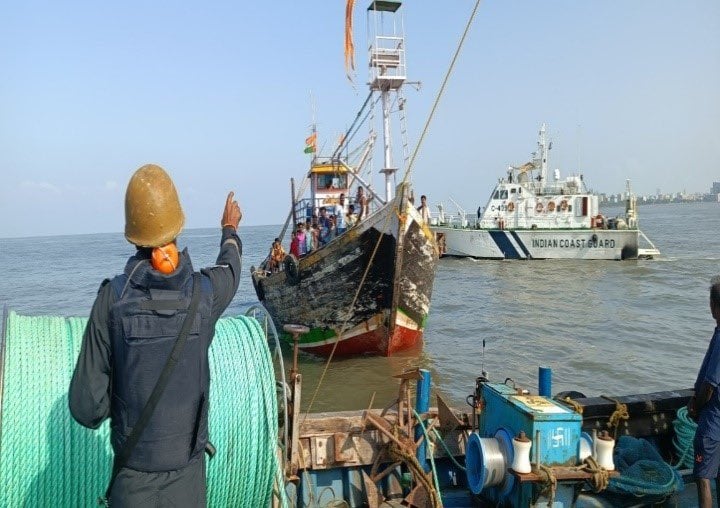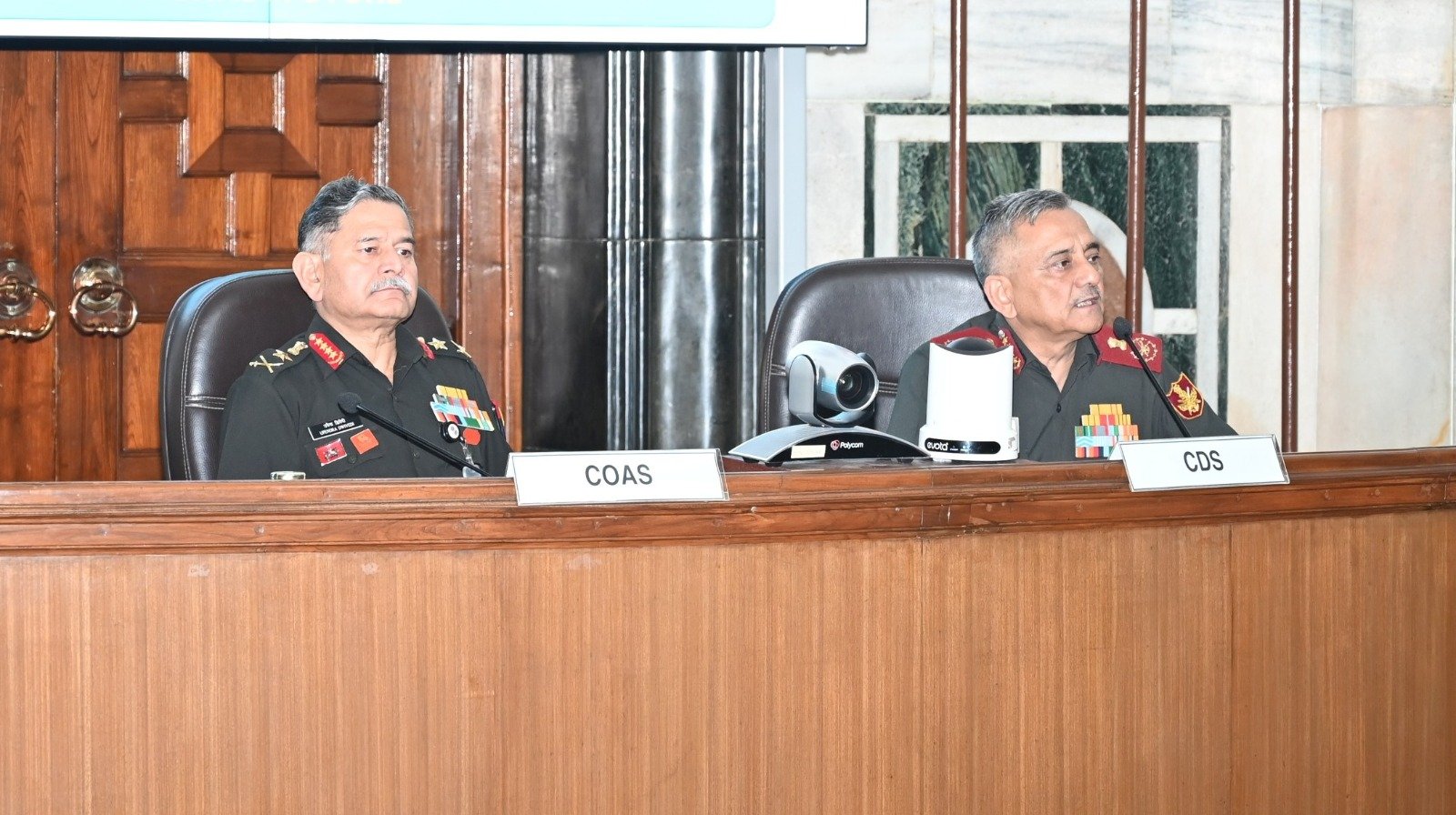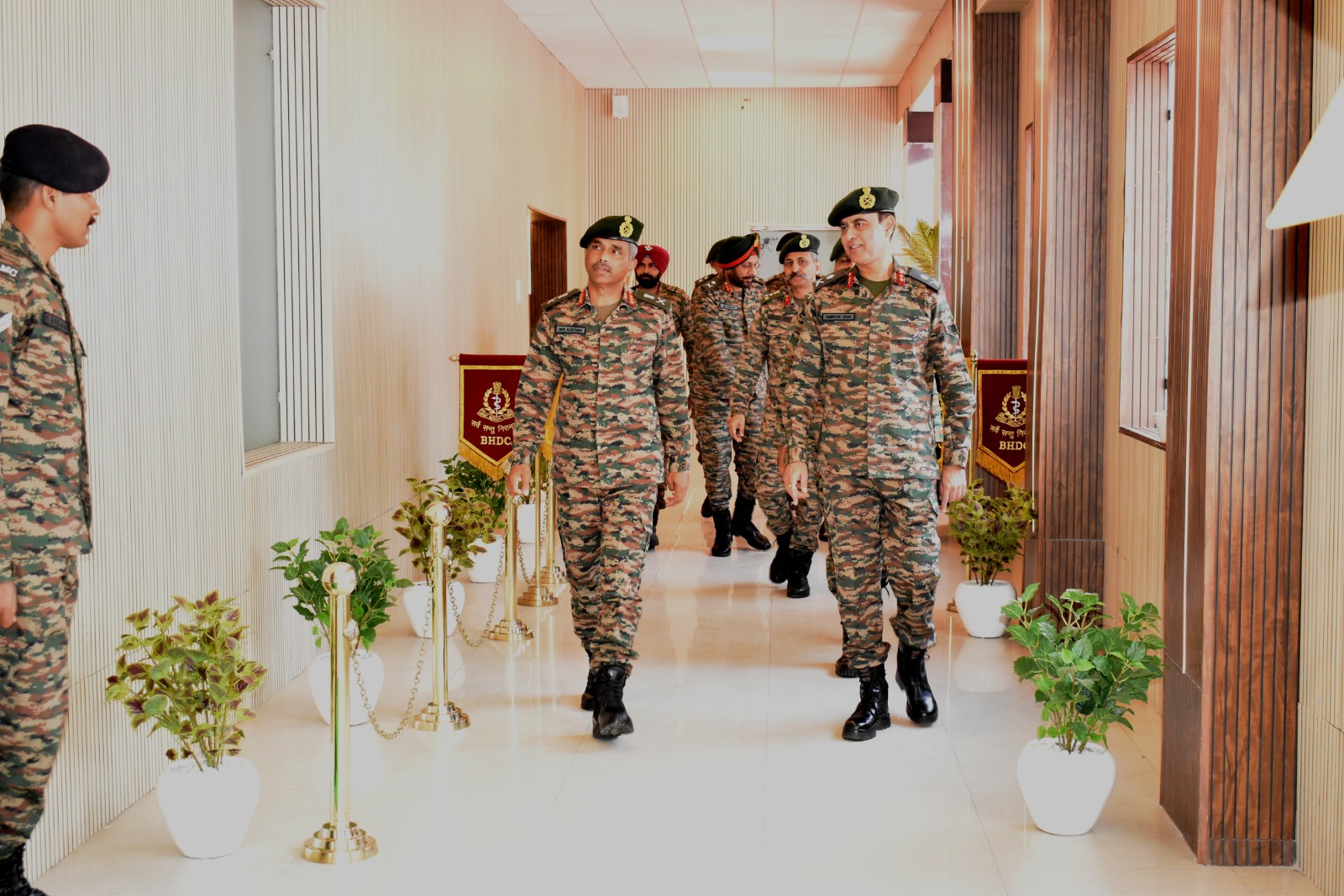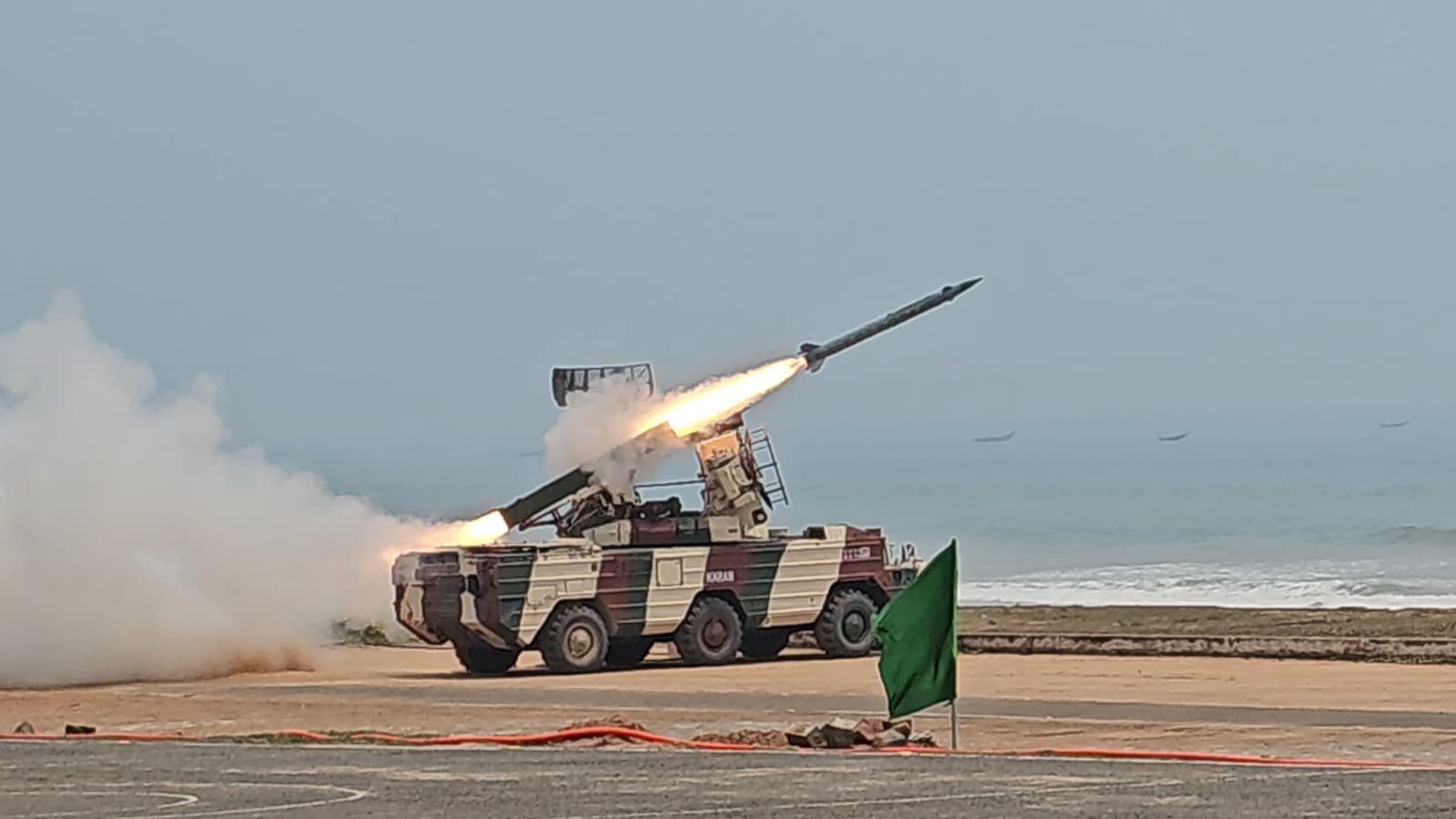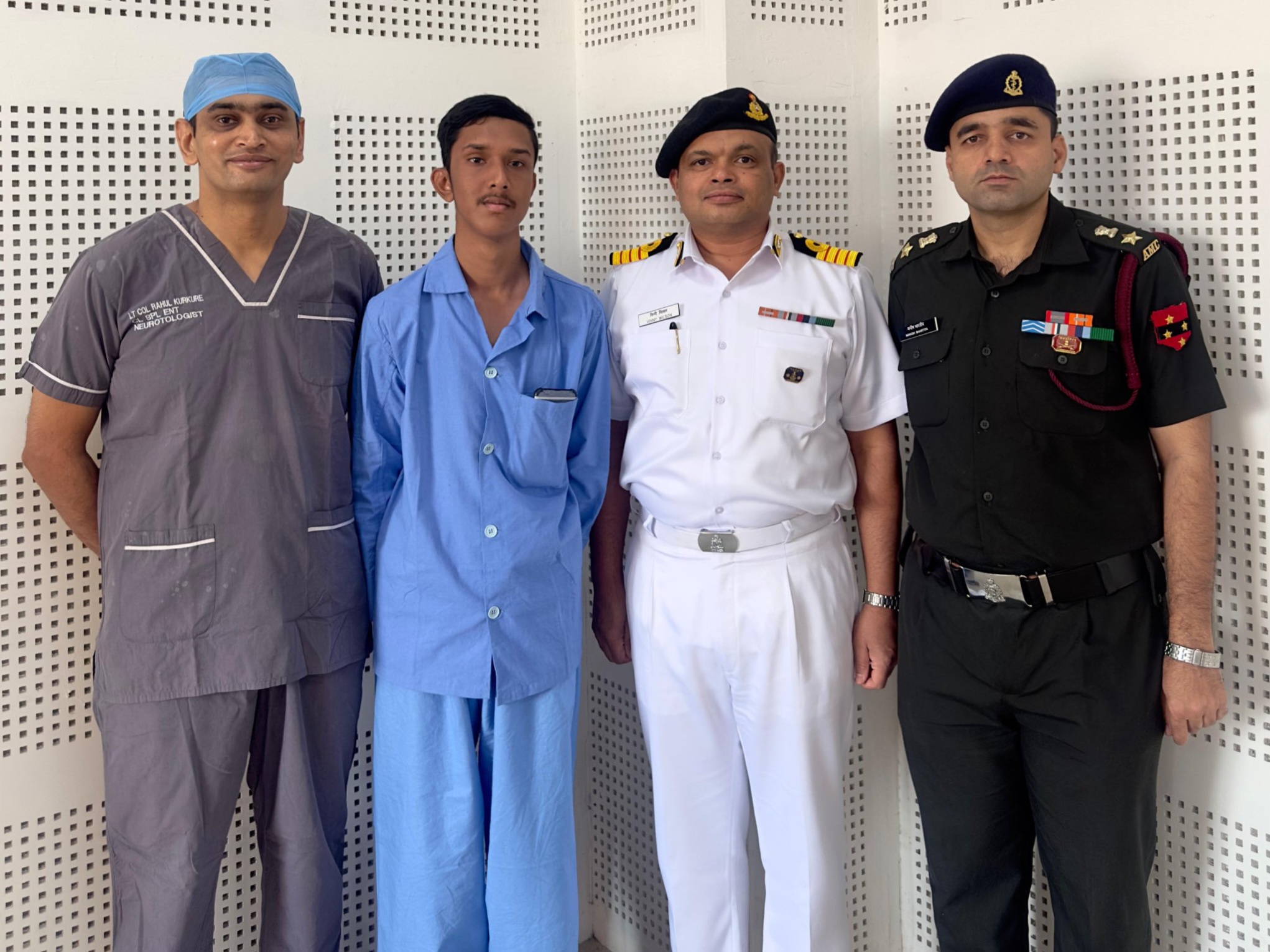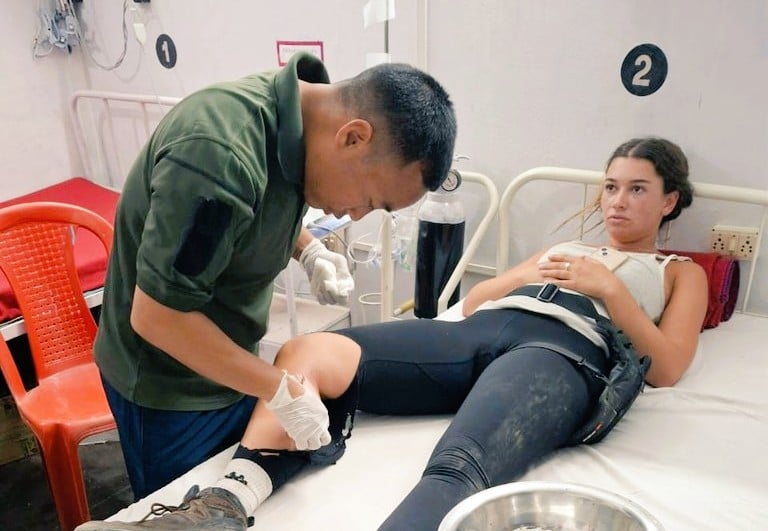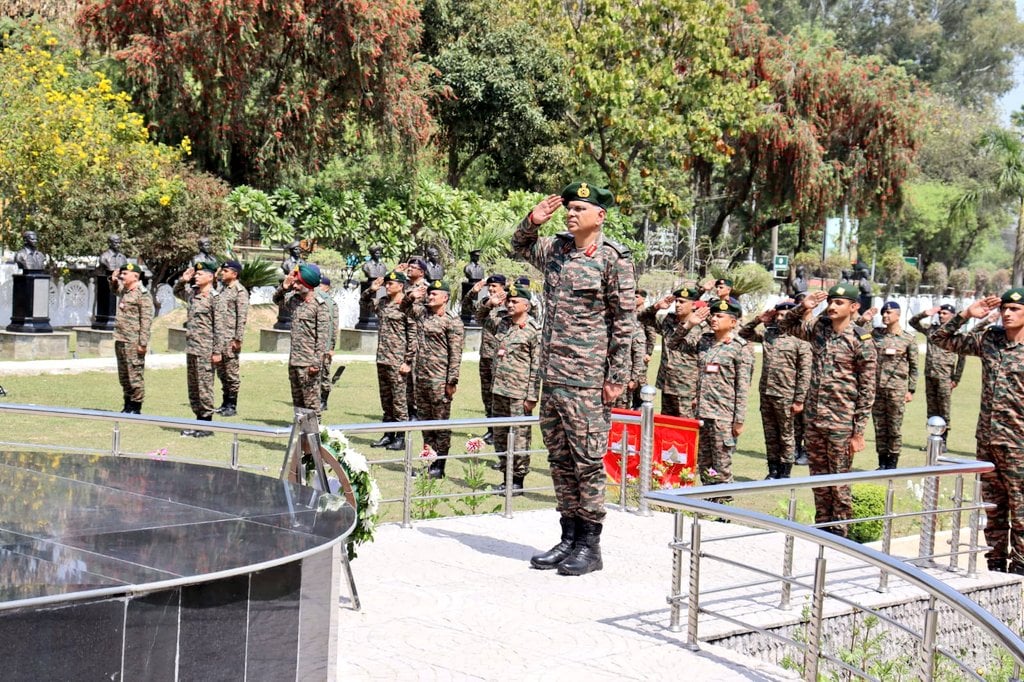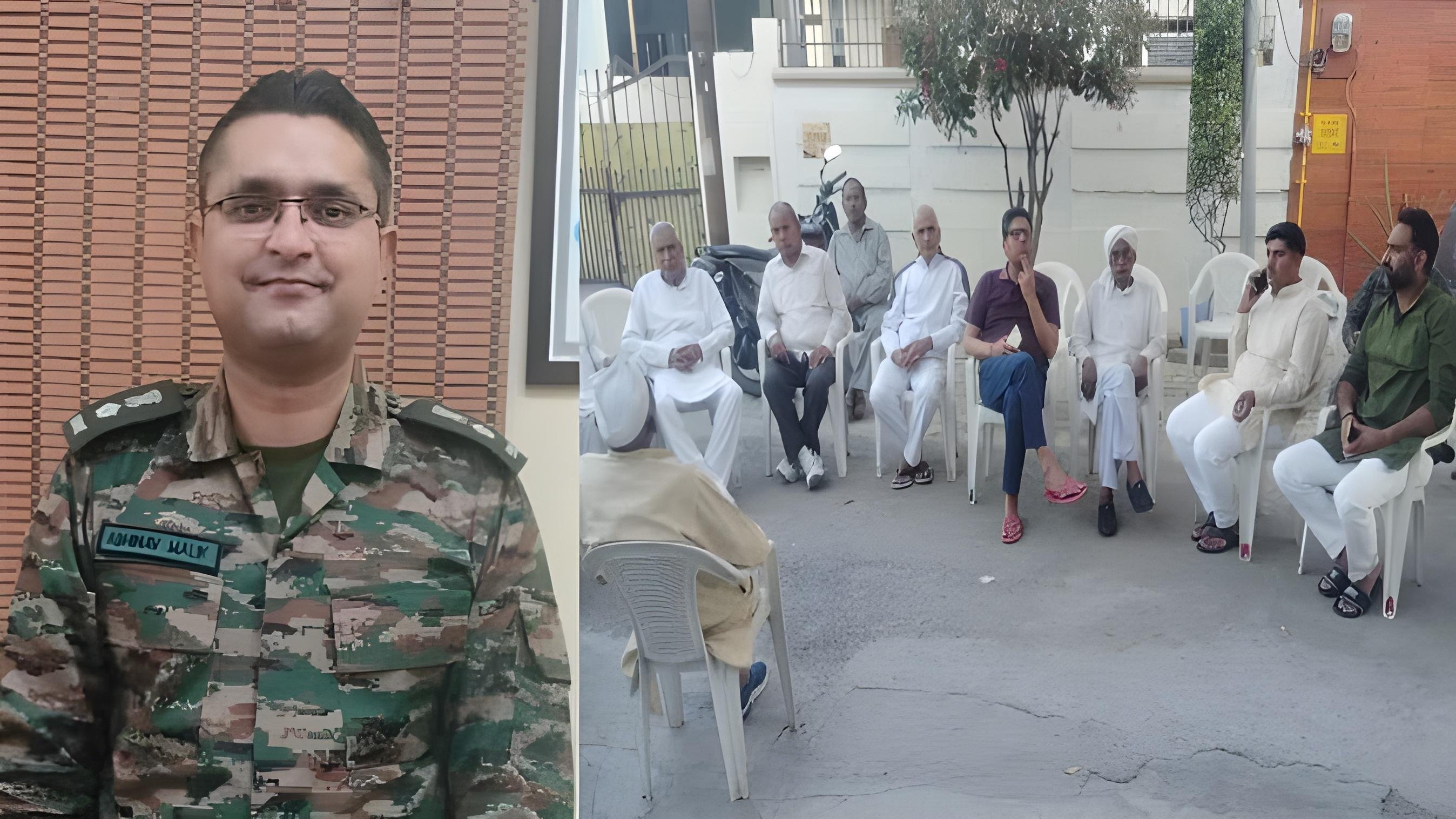In a concerted effort to bolster coastal security measures and validate response mechanisms in the face of evolving threats, the two-day Coastal Security Exercise Sagar Kavach 01/24 commenced on May 22, 2024, off the coast of Maharashtra.
The exercise, aimed at validating the preparedness, response mechanisms, and Coastal Security Standard Operating Procedures (SOPs), has brought together all maritime security agencies for a comprehensive evaluation of their capabilities and coordination.
With the participation of key stakeholders including the India Coast Guard, Indian Navy, Marine Police, Fisheries Department, CISF Headquarters, Narcotics Control Bureau, Directorate of Revenue Intelligence (Mumbai), and the National Security Guard (NSG Black Cats), the exercise represents a collaborative effort to strengthen coastal security mechanisms and enhance coordination among various agencies.
The active involvement of multiple agencies underscores the collective commitment towards safeguarding India’s vast maritime domain against asymmetric threats emanating from the sea. The exercise provides a platform for stakeholders to assess the effectiveness of their coastal security mechanisms and identify areas for improvement through realistic scenarios and simulations.
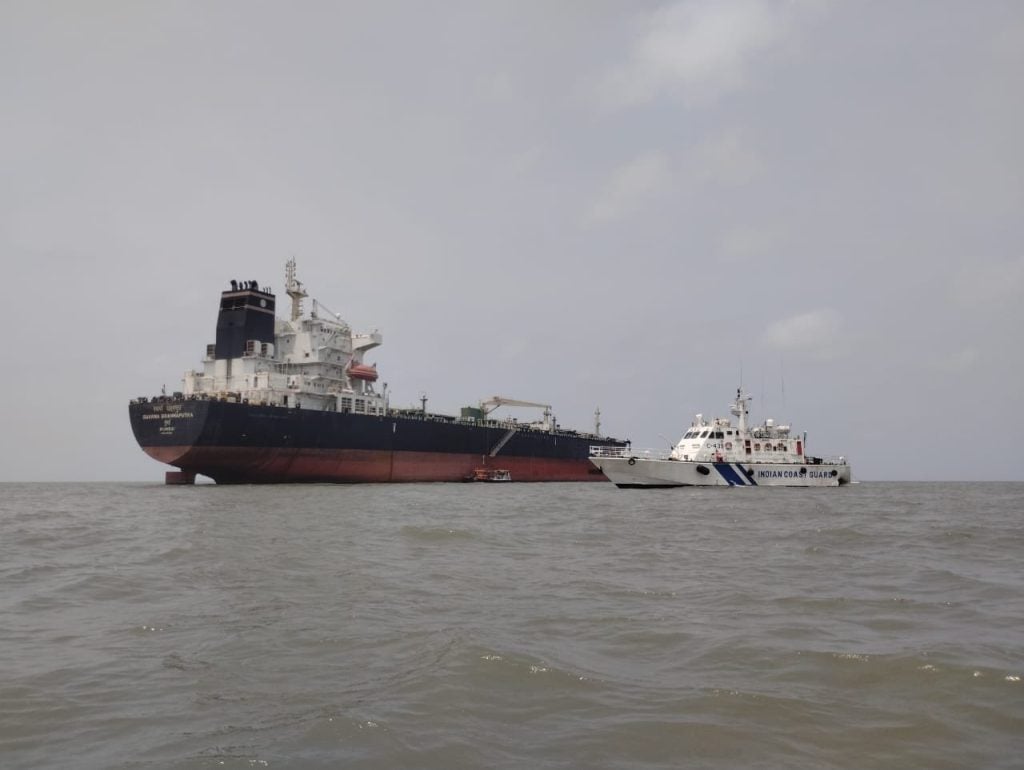
“Sagar Kavach 01/24 is a vital initiative aimed at enhancing our preparedness and response capabilities in dealing with maritime security challenges,” remarked a senior official from the India Coast Guard. “Through this exercise, we seek to ensure seamless coordination and interoperability among all stakeholders involved in coastal security operations.”
The exercise scenario simulates various maritime security threats, including infiltration attempts by hostile elements, smuggling of contraband goods, and potential terrorist activities along the coastline.
Participants are tasked with swiftly responding to simulated incidents, coordinating joint patrols, conducting search and rescue operations, and implementing security protocols to neutralize threats and safeguard coastal assets.
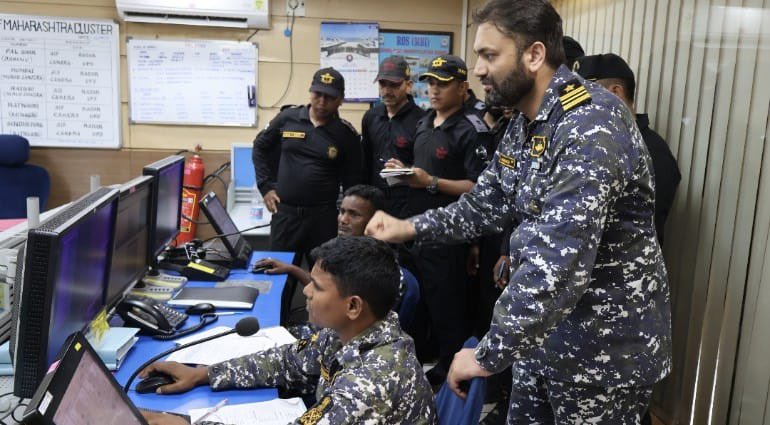
The exercise is also an opportunity to evaluate the integration and utilization of technological assets such as coastal surveillance radars, patrol vessels, unmanned aerial vehicles (UAVs), and other advanced equipment in enhancing maritime domain awareness and response capabilities.
“Sagar Kavach 01/24 serves as a crucial platform for testing and validating our coastal security strategies and protocols,” stated a spokesperson from the Indian Navy. “By fostering greater coordination and cooperation among maritime security agencies, we aim to bolster our collective ability to safeguard our maritime interests and ensure the safety and security of our coastal communities.”
As the exercise unfolds, stakeholders remain focused on leveraging lessons learned to further strengthen India’s coastal security architecture, ensuring a robust and resilient response to emerging maritime threats.
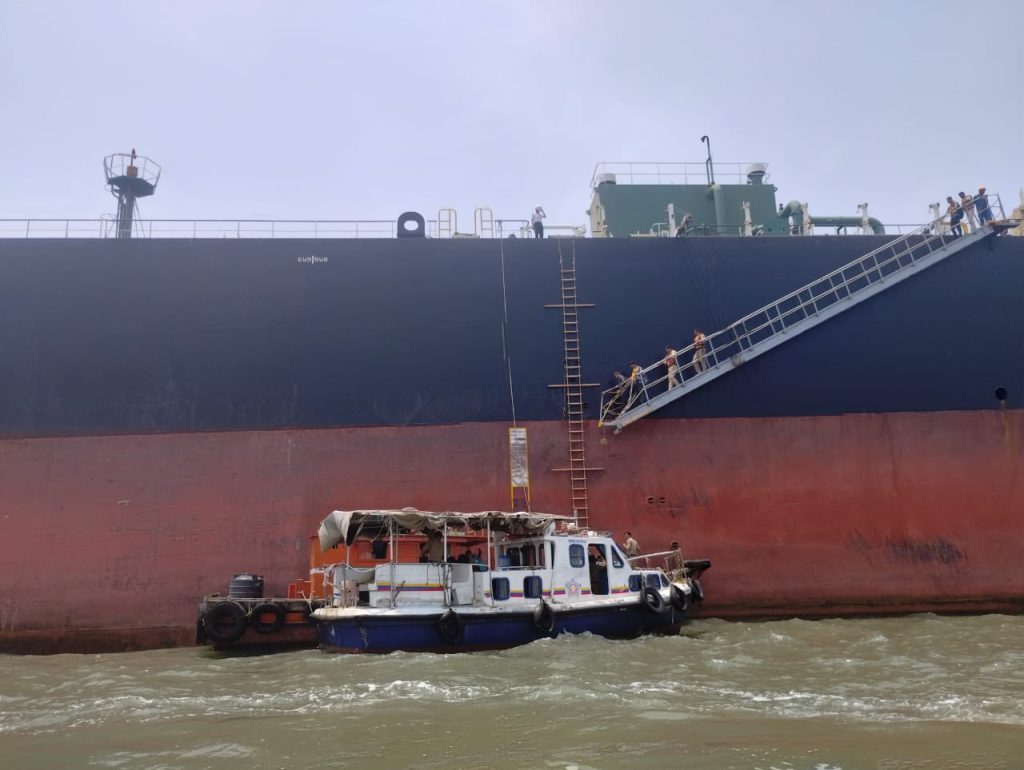
Through sustained efforts and collaborative initiatives such as Sagar Kavach, India continues to reaffirm its commitment to safeguarding its maritime borders and protecting its national interests in the maritime domain.

